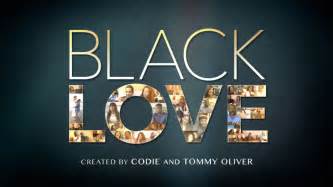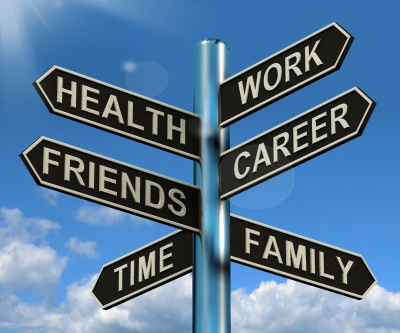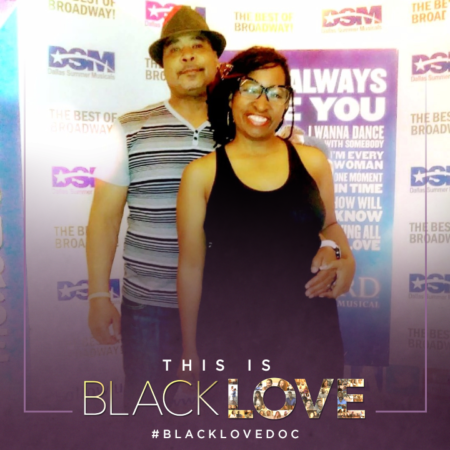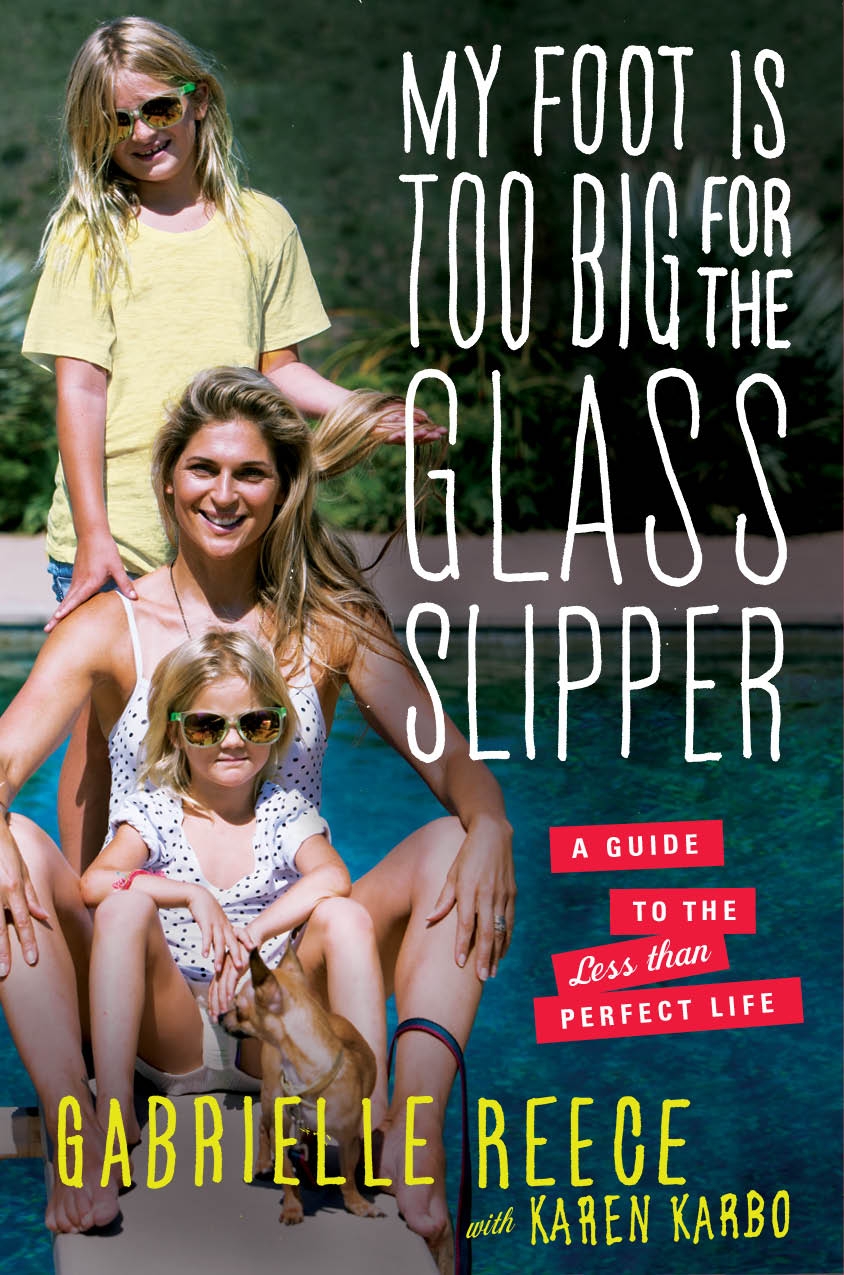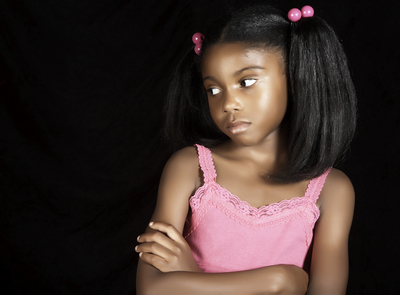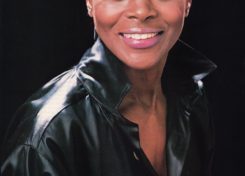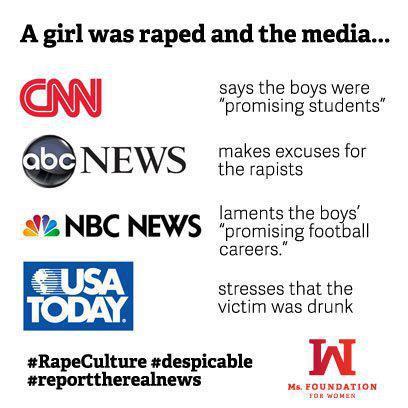Thanks to the responsibilities in my household, the deadlines and the myriad of tasks to accomplish in a twenty-four-time frame, there isn’t a lot of spare time for TV. I can only relate to and follow a few at a time these days, and if there are books on the shelf to read, I’m good to go.
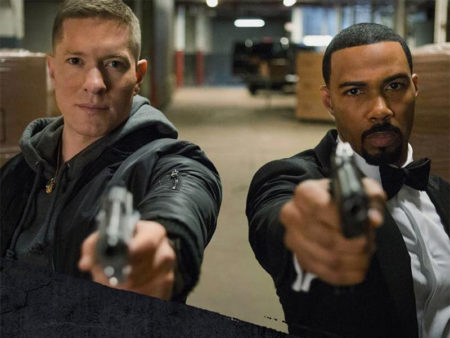 Lately though, there have been a few exceptions. The explosive Starz series Power just ended for the season, but OWN’s Greenleaf is bringing the drama in its place.
Lately though, there have been a few exceptions. The explosive Starz series Power just ended for the season, but OWN’s Greenleaf is bringing the drama in its place. 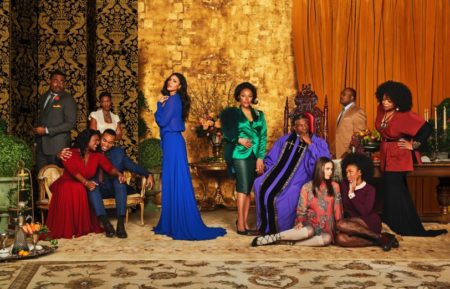 And when Iylanla Vanzant returns this month with another season of Fix My Life?
And when Iylanla Vanzant returns this month with another season of Fix My Life? 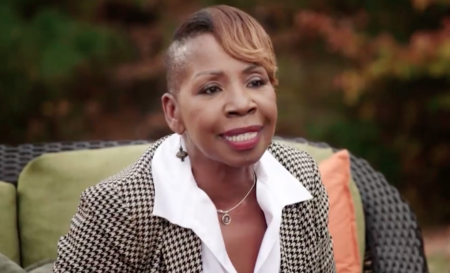 Pass the popcorn, STAT!
Pass the popcorn, STAT!
But the series that’s caught our attention lately is the new four-part docu-series also on OWN, Black Love. Spotlighting the joys and pains of relationships in the lives of African-American citizens and celebrities, Black Love debuted Aug. 29 and is part of a wider movement to provide a more nuanced and positive view of our unions and families. 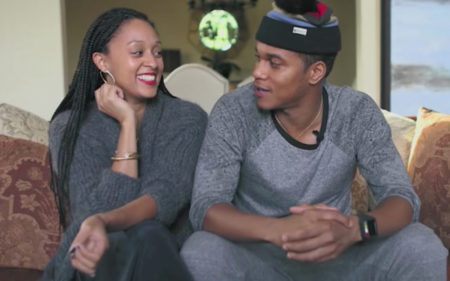
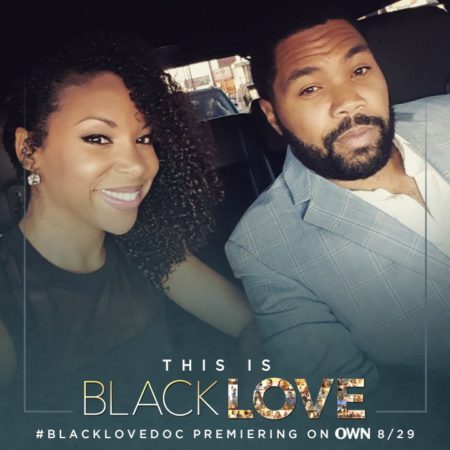 In a recent interview with ABC News, Codie Oliver—who created the documentary with her husband Tommy—-stated that black couples are often besieged with lowered expectations and doomsday stereotypes from the media. Oliver said they can go without ever seeing what a quality relationship looks like. “There was this narrative….of a ‘black marriage crisis’ and especially that black women were the most alone. I felt the headlines were very damaging. It felt like the media was telling me I can’t do it, and the divorce rate is high, so what’s the point?”
In a recent interview with ABC News, Codie Oliver—who created the documentary with her husband Tommy—-stated that black couples are often besieged with lowered expectations and doomsday stereotypes from the media. Oliver said they can go without ever seeing what a quality relationship looks like. “There was this narrative….of a ‘black marriage crisis’ and especially that black women were the most alone. I felt the headlines were very damaging. It felt like the media was telling me I can’t do it, and the divorce rate is high, so what’s the point?”
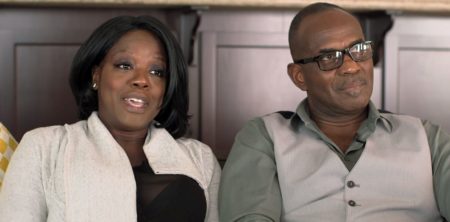 Each weekly episode delves into how they met, knowing their partner was ‘the one’ and the mistakes they made that almost kept them from making it down the aisle. What Black Love also offers its viewers, in between juicy details from everyday people and celebrity sweethearts (Vanessa Bell and Anthony Calloway, Tia Mowry-Hardrict and Cory Hardrict, Meagan Good and DeVon Franklin and Oscar winner Viola Davis, and Julius Tennon), are nuggets of hard-won truths that no amount of wealth or status are immune to; “More people would be terrified when they walk down the aisle if they understood what marriage is about,” Davis says, “Just like when you get up in the morning….to go to the gym when you know you’ve got that pooch on your stomach, even though you don’t want to get up, you gotta go for it. It’s that [type of] commitment.”
Each weekly episode delves into how they met, knowing their partner was ‘the one’ and the mistakes they made that almost kept them from making it down the aisle. What Black Love also offers its viewers, in between juicy details from everyday people and celebrity sweethearts (Vanessa Bell and Anthony Calloway, Tia Mowry-Hardrict and Cory Hardrict, Meagan Good and DeVon Franklin and Oscar winner Viola Davis, and Julius Tennon), are nuggets of hard-won truths that no amount of wealth or status are immune to; “More people would be terrified when they walk down the aisle if they understood what marriage is about,” Davis says, “Just like when you get up in the morning….to go to the gym when you know you’ve got that pooch on your stomach, even though you don’t want to get up, you gotta go for it. It’s that [type of] commitment.”
Since its debut, Black Love has been widely praised and has inspired other black couples to share their own journeys. But once the hashtag #BlackLoveDoc began trending, critics have responded to the emphasis on ethnicity in a predictable way. When one Twitter user wondered “why every other race other than white [is] allowed their own shows,” another white viewer, Terra Cooper, tweeted a respectfully factual response; “Because about EVERY other station caters to white people and a white audience. When you have privilege, equality feels like oppression.” 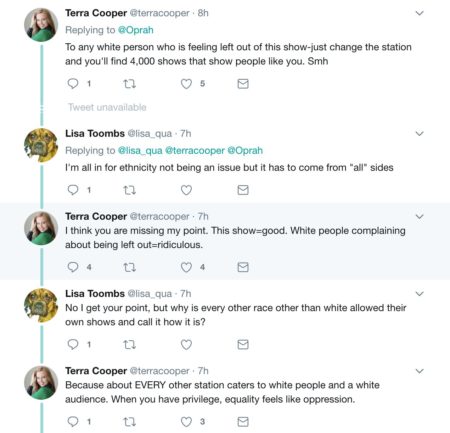
That type of willful obtuseness is part of what can make loving ourselves, and each other, such a struggle. Life in any era for anyone is hard enough, true. But when you must also exist within the warped framework of a society that’s flourished hundreds of years by diminishing the value of anything other than white, you can end up second-guessing your own value. As the iconic James Baldwin once wrote, blacks may end up, as a result, viewing one another through a lens “formed by the images made of them by those who had had the deepest necessity to despise them.”
So while the love Calvin and I share, in many aspects, is just like everyone else’s, the baggage we’ve had to unpack while uniting as African-Americans and as men and women is the mutual burden and blessing that no other could understand. And that’s what makes Black Love so special, in life and on-screen.

